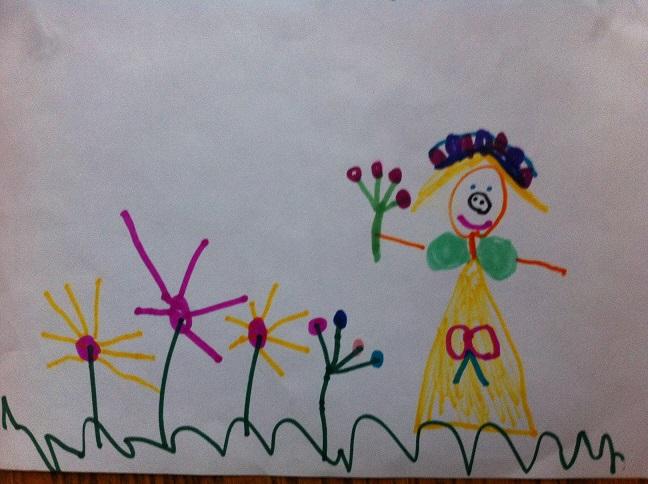What's Your Preferred Gender, Dear Child?
"We don't get a lot of demand for 'Fix my child', or Change my child', thankfully."
"I've had children say, 'God made a mistake', or 'When will my penis fall off', or 'When will I grow a penis'."
"It is probably safe to say that those who are most entrenched in gender expression that is different from their assigned gender are most likely to identify as trans after puberty."
"[Transgender is not an] acquired phenomenon] nor is it the result of exposure to a certain experience or abuse]. It's part of their biology."
"Why their biology turns out in that way I don't think that's known."
Dr. Stephen Feder, co-director, Children's Hospital of Eastern Ontario, gender diversity clinic, Ottawa
"[What at birth defines our gender? It's not our] externals. Do you see yourself as male or female or somewhere in the spectrum in between?"
"[It's normal for children to behave in a cross-gender play and way. [By puberty; ten to twelve for girls, twelve to fourteen for boys, that child who remains convinced] they are in absolutely the wrong body is almost certain to be transgender and is extremely unlikely to change those feelings no matter how anybody tries reparative therapy or any other noxious things."
Dr. Norman Spack, co-director, General Management Service, Boston Children's Hospital
"We don't have a lot of data that say, if we do this, stop puberty, are you happy later on."
"It's one thing to be respectful of what an adult chooses to do. But when you're dealing with a young kid, it's really murky."
Arthur Caplan, bioethicist
"I think there's an assumption that because a child wished to express their gender in a certain way that automatically meant that the kid was going to be transgender later on. That may or may not be the case."
"If a child is presenting at age three, four or five there probably is something that is biological that we haven't yet found."
Dr. Joey Bonifacio, pediatrician, adolescent medicine specialist, Toronto
 | |
| Ashley was joined by her mother Terri and Matt was sat beside his mum Rachel, who both explained how their children knew at a young age they were born the wrong sex |
"What is the impact of being allowed to live your gender identity? Nearly all transgender adults today were not allowed to live as their gender identity as kids, so we just don't know what life is going to look like for them."
"[Estimates for transgender numbers in the population?] Estimates are ALL over the map. I don't think anyone actually knows. I've seen numbers ranging from one in 300 to one in 100,000."
Dr. Kristina Olson, psychology professor, University of Washington
Labels: Biochemistry, Biology, Child Welfare, Health, Research


0 Comments:
Post a Comment
<< Home